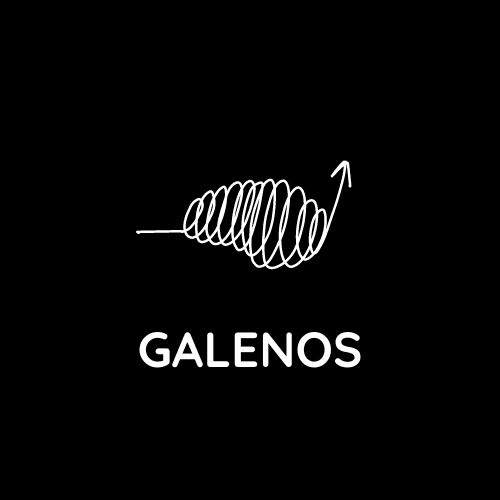In the mental health field, the path to advancing meaningful change in the lives of those negatively affected lies in our ability to harness organised knowledge and communicate it clearly. As the field continues to expand and evolve, the need for a systematic framework to organise and communicate knowledge becomes increasingly evident. Enter the ontology of mental health—an invaluable tool that promises to revolutionise the way we understand and navigate this complex domain.
At its core, an ontology is a structured representation of knowledge within a specific domain. For mental health, an ontology will offer a framework for organising the categories, relationships, and terminology related to various mental health conditions, treatments, and outcomes. An ontology aims to be comprehensive in scope and to support integration across different perspectives, which makes it broader than any single existing classification system in mental health (such as, for example, the DSM).
A key advantage of an ontology of mental health lies in its ability to facilitate precise communication among researchers and other stakeholders. By establishing clear definitions and relationships between different mental health concepts, an ontology can reduce ambiguity, and foster a shared understanding of complex topics.
Moreover, an ontology of mental health holds tremendous potential for integrating knowledge from multiple sources, including living systematic reviews. Living systematic reviews, characterized by their ongoing updates and incorporation of new evidence, provide a dynamic source of information in the field of mental health. The Global Alliance for Living Evidence on aNxiety, depressiOn and pSychosis (GALENOS) Project is conducting multiple living systematic reviews about anxiety, depression and psychosis to create an up-to-date evidence base that can inform research prioritisation and funding decisions. However, effectively harnessing this wealth of data requires a systematic approach to organization and synthesis.

By leveraging an ontology-based framework, researchers and practitioners can seamlessly integrate findings from diverse sources, identify gaps in existing knowledge, and prioritise areas for further investigation. This integrated approach not only enhances the efficiency of evidence synthesis but also enables a more comprehensive understanding of mental health phenomena and interventions. Furthermore, the development of an ontology of mental health can pave the way for innovative approaches to data analysis, knowledge discovery, and decision support. Through the use of computational techniques, such as semantic analysis and machine learning, researchers generate new insights to inform clinical practice and policy development.
In essence, the journey towards a comprehensive ontology of mental health represents a significant step forward to advance understanding, treatment, and support for individuals facing mental health challenges. By embracing the principles of structured knowledge representation and integration, we can unlock new opportunities for collaboration, innovation, and impact in the field of mental health. Our method for developing the Mental Health Ontology can be found here: https://wellcomeopenresearch.org/articles/9-40

